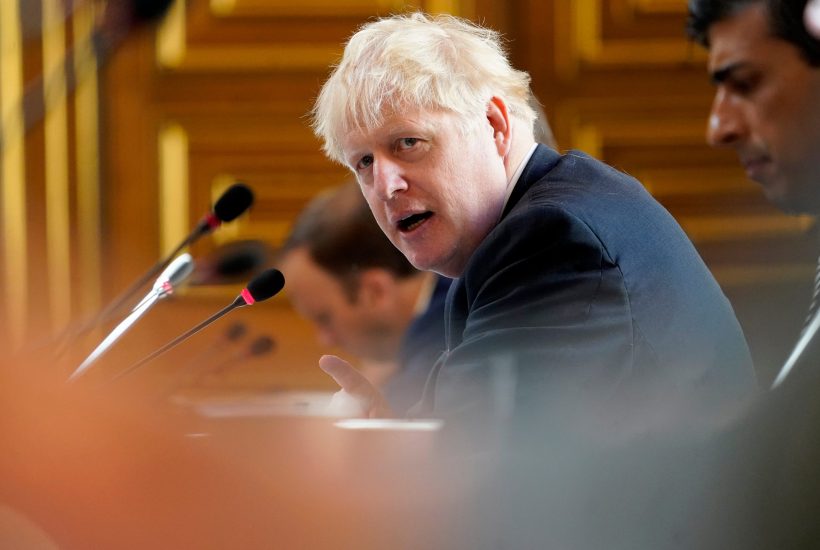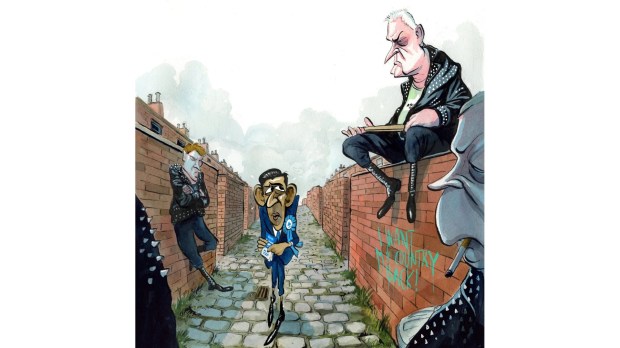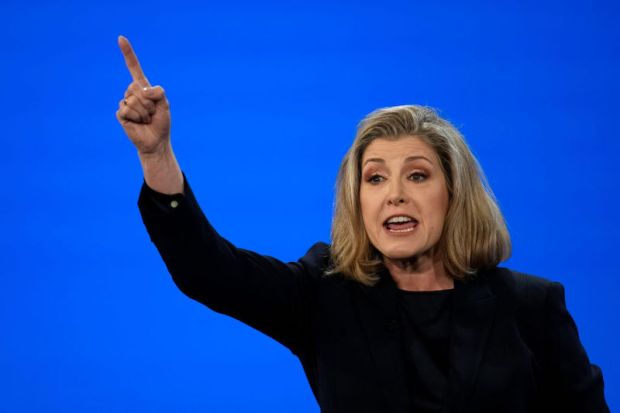After months of coronavirus leading the news agenda, Brexit is back. The Prime Minister has overnight promised to quit the trade talks in five weeks if no agreement is in place. Meanwhile, figures in Brussels are voicing disbelief at reports the UK government is drawing up legislation that will override the withdrawal agreement’s Northern Ireland protocol.
Boris Johnson has said there needs to be an agreement by the European Council on 15 October – otherwise, it would not be possible to bring any such agreement into force before the end of the year and therefore little point in continuing discussions:
If we can’t agree by then, then I do not see that there will be a free trade agreement between us, and we should both accept that and move on.
He went on to say that should talks fail to lead to a deal, it would not be the end of the world. Instead, an Australia-style agreement – in which the UK and EU would trade heavily on WTO terms – would be a ‘good outcome’:
As a government we are preparing, at our borders and at our ports, to be ready for it. We will have full control over our laws, our rules, and our fishing waters. We will have the freedom to do trade deals with every country in the world. And we will prosper mightily as a result.
While some in government hope that Johnson’s intervention will serve to focus minds on the other side of the negotiating table, it’s another Brexit story that has led to the biggest reaction on the EU side. The Financial Times reports that sections of the Internal Market Bill, due to be published this week, are expected to ‘eliminate the legal force of parts of the withdrawal agreement’ in areas including Northern Ireland customs and state aid.
Labour has been quick to describe the proposals as ‘an act of immense bad faith’ and accuse Johnson of ‘threatening to renege on the UK’s legal obligations’. On the morning broadcast round, George Eustice sought to play down such concerns, insisting the UK government was simply trying to tidy up loose ends rather than get rid of the NI protocol. Either way, the move appears to be part of a wider effort to suggest the UK is willing to leave without a deal if need be.
So, what’s going on behind the scenes? There is much chatter about how this is all an attempt by No. 10 to suggest they are willing to walk away when really Johnson needs a deal. But in terms of suggestions of bluster, there is another factor to bear in mind. In Downing Street, there has long been a view that a deal needs to be in place by the autumn. This is not just because a hard deadline can focus minds. It’s because if you move past the autumn, most businesses will activate their no-deal contingency plans regardless of the prospects of a deal. If this happens, the incentive to agree a deal diminishes
Got something to add? Join the discussion and comment below.
Get 10 issues for just $10
Subscribe to The Spectator Australia today for the next 10 magazine issues, plus full online access, for just $10.




















Comments
Don't miss out
Join the conversation with other Spectator Australia readers. Subscribe to leave a comment.
SUBSCRIBEAlready a subscriber? Log in